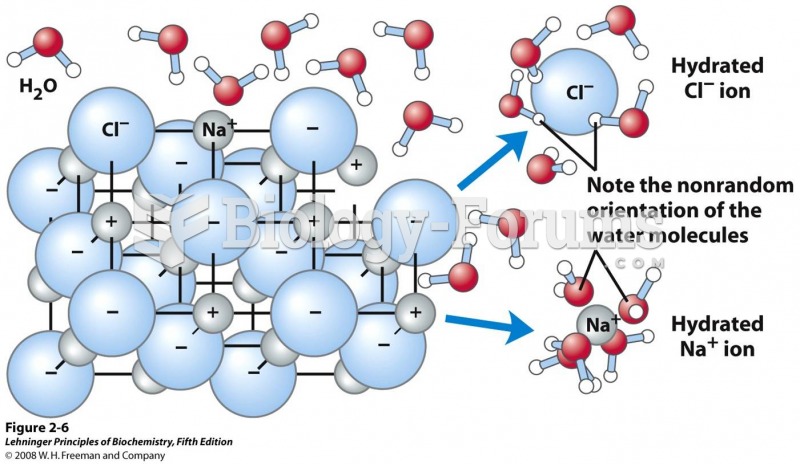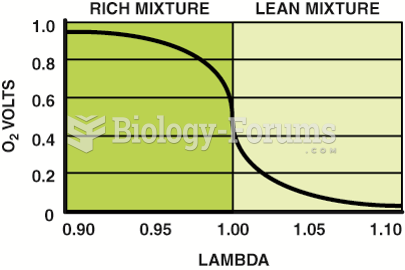|
|
|
Stevens-Johnson syndrome and Toxic Epidermal Necrolysis syndrome are life-threatening reactions that can result in death. Complications include permanent blindness, dry-eye syndrome, lung damage, photophobia, asthma, chronic obstructive pulmonary disease, permanent loss of nail beds, scarring of mucous membranes, arthritis, and chronic fatigue syndrome. Many patients' pores scar shut, causing them to retain heat.
Pubic lice (crabs) are usually spread through sexual contact. You cannot catch them by using a public toilet.
The first oncogene was discovered in 1970 and was termed SRC (pronounced "SARK").
Women are 50% to 75% more likely than men to experience an adverse drug reaction.
The most common treatment options for addiction include psychotherapy, support groups, and individual counseling.







